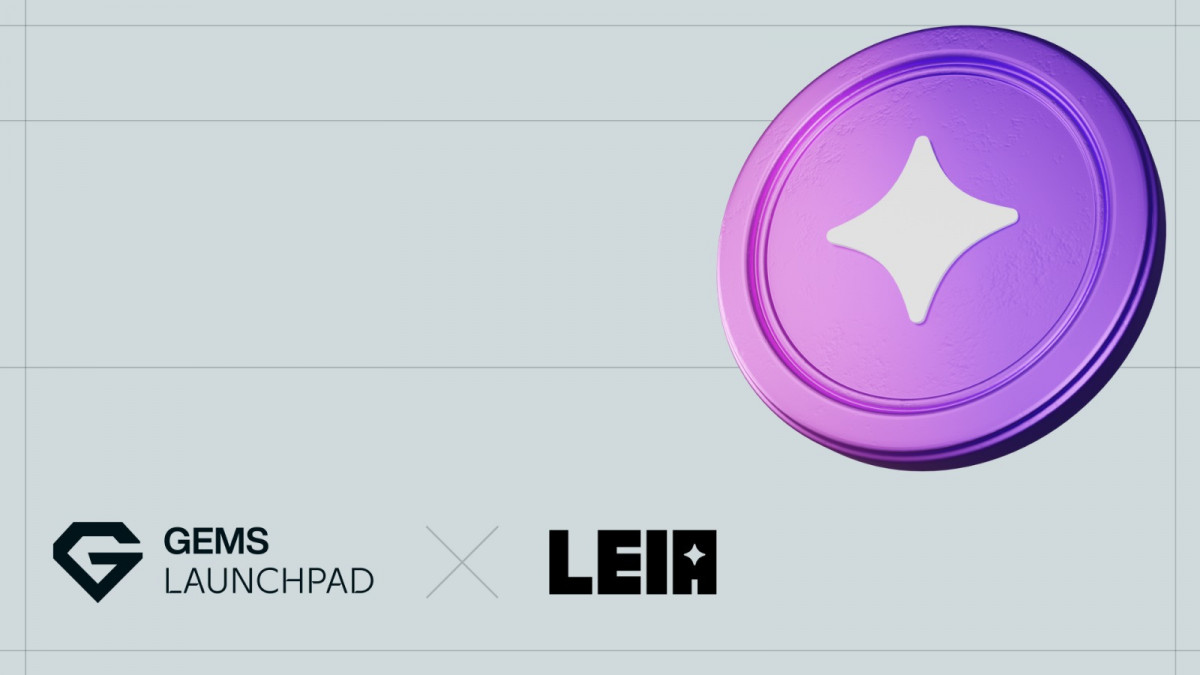Many companies and industries are incorporating Web3 technologies into their business structures, and the travel industry is no exception.
On Wednesday, Flybondi, an Argentinian airline, announced a strategic alliance with TravelX, a blockchain technology company responsible for tokenizing flight tickets. The partnership intends to enable travelers to purchase airline tickets as nonfungible tokens through Binance Pay, using USD Coin (USDC) as payment for transactions.
Speaking with Cointelegraph, the co-founder of TravelX, Facundo Diaz, shared that he was fully convinced that Web3 technologies could allow the travel industry to expand, not only in market size but also in terms of use cases and benefits for travelers:
“In 1990, there were 1.2B of airline passengers, and the industry’s market size was valued at $250B. Thanks to Internet adoption, between 1990 and 2007, the industry grew to 2.5B passengers and a $510B market size.”
He explained that another increase took place in 2008. When it became mandatory for International Air Transport Association members to use e-ticketing services, the number of travelers grew to 4.5 billion yearly and the industry had a market size of $870 billion.
Diaz believes that NFTickets could be beneficial to travelers, because it would allow flyers to auction, sell, trade and transfer tickets from wallet to wallet, giving them full control over managing and disposing of their travel assets freely and seamlessly:
“Imagine being able to sell your NFTicket if you cannot travel, or sending it by text message as a gift to your mum whenever you want.”
Additionally, NFTickets could potentially allow airlines to increase their revenue through resales from the secondary market. Diaz told Cointelegraph, “Every time an NFTicket is resold in the secondary market, the airline collects a percentage of the upside based on the revenue sharing model defined in the smart contract.”
Speaking on his vision for a bright and exciting future for the space, Diaz stated:
“We believe the blockchain-based distribution and retailing infrastructure we are creating for the travel industry will help to evolve it into a more transparent industry, ruled by clear smart contracts without black boxes, hiding fees, or conditions.”
He added, “But probably the most interesting new use cases are the ones that we couldn’t imagine yet.“
TravelX also hopes to set a precedent for the standardization of NFTickets within the travel industry, but has no intention of monopolizing the market, shared Diaz.
“We just created the first layer of infrastructure, and we are opening it for the actual travel industry and new players, like Exchanges, DeFi protocols, or entrepreneurs, to connect and/or build new solutions on top of it.”
He explained that the blockchain company is building its infrastructure on the Algorand network, because of its “performance, security, cost, and scalability, but mainly because it is an environmentally friendly blockchain, considering its proof of stake, achieved the status of being carbon negative.”
For now, TravelX, a U.S.-based company, is focused on airline inventory distribution which is the most challenging area that can be positively impacted within the travel industry. Mr. Diaz shared: “TravelX is in negotiations and working with more than 60 airlines from Europe, the Middle East, and the U.S. for them to integrate TravelX’s standard and infrastructure for their inventory management and distribution.”
Read More: cointelegraph.com









 Bitcoin
Bitcoin  Ethereum
Ethereum  Tether
Tether  XRP
XRP  Solana
Solana  Dogecoin
Dogecoin  USDC
USDC  Cardano
Cardano  Lido Staked Ether
Lido Staked Ether  TRON
TRON  Avalanche
Avalanche  Sui
Sui  Wrapped stETH
Wrapped stETH  Toncoin
Toncoin  Chainlink
Chainlink  Stellar
Stellar  Shiba Inu
Shiba Inu  Wrapped Bitcoin
Wrapped Bitcoin  Hedera
Hedera  Polkadot
Polkadot  WETH
WETH  Bitcoin Cash
Bitcoin Cash  LEO Token
LEO Token  Uniswap
Uniswap  Litecoin
Litecoin  Hyperliquid
Hyperliquid  Pepe
Pepe  Wrapped eETH
Wrapped eETH  NEAR Protocol
NEAR Protocol  Ethena USDe
Ethena USDe  USDS
USDS  Internet Computer
Internet Computer  Aptos
Aptos  Aave
Aave  Mantle
Mantle  Cronos
Cronos  Render
Render  POL (ex-MATIC)
POL (ex-MATIC)  Bittensor
Bittensor  MANTRA
MANTRA  Ethereum Classic
Ethereum Classic  Monero
Monero  Virtuals Protocol
Virtuals Protocol  Artificial Superintelligence Alliance
Artificial Superintelligence Alliance  Dai
Dai  Tokenize Xchange
Tokenize Xchange  Arbitrum
Arbitrum